Consuming too much protein puts pressure on the kidneys, the organ responsible for filtering out protein metabolic byproducts such as urea and creatinine, according to the health website Medical News Today (UK).
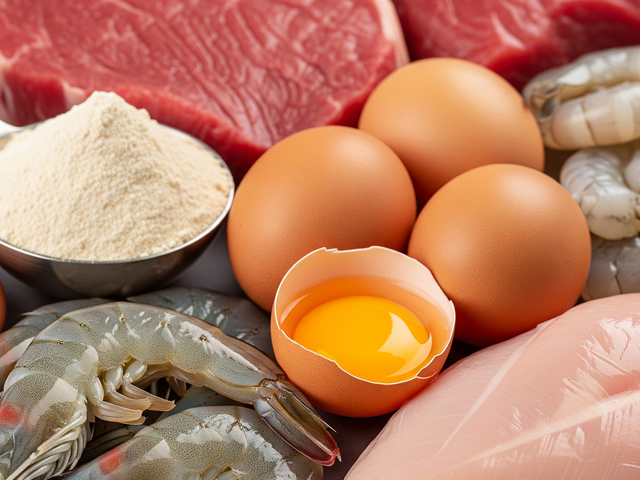
Protein is essential for the body, but too much can be harmful.
PHOTO: AI
High-protein diets do not directly cause kidney disease in healthy people. However, studies show that some common mistakes can increase the risk of kidney damage.
Animal protein abuse
Eating too much red meat such as beef, pork and processed meat such as sausages and cold cuts over a long period of time can easily damage the kidneys. A study published in the Journal of the American Society of Nephrology shows that eating large amounts of red meat increases the risk of kidney failure.
Red meat contains a high amount of animal protein and a large amount of purine. When entering the body, this amount of purine is converted into uric acid. This is a factor that causes chronic kidney disease and kidney stones. In addition, processed meat often contains a lot of sodium and inorganic phosphate, which can easily increase the filtration pressure on the kidneys and increase blood pressure.
Over-reliance on milk protein
Protein supplements such as whey, casein or soy powder are very popular in the bodybuilding community. However, excessive use will put a lot of pressure on the kidneys. Some research evidence has found that protein intake exceeding 2 grams/kg body weight per day over a long period of time will increase the burden of nitrogen metabolism, thereby reducing glomerular filtration function.
In addition, some poor quality protein supplements may contain heavy metals or additives that can have long-term effects on the liver and kidneys. Therefore, gym-goers should choose products with safety certification and should not exceed the recommended dose.
Do not use vegetable protein
Most exercisers often prioritize animal protein because they believe it is complete and easily absorbed. However, plant proteins derived from beans, seeds, and whole grains not only provide essential amino acids but also contain fiber, less purine, and less inorganic phosphate. Thanks to that, these protein products are friendly and reduce the burden on the kidneys.
Ignoring risk factors
The ability to absorb large amounts of protein can vary from person to person. People with a history of kidney disease, high blood pressure, diabetes, or older adults should be especially cautious when increasing the amount of protein in their diet.
A high-protein diet can accelerate the progression of kidney disease in people who already have mild kidney damage without knowing it. Therefore, before making dietary changes, especially a large increase in protein intake, it is advisable to have kidney function tested, according to Medical News Today .
Source: https://thanhnien.vn/tap-gym-sai-lam-khi-tang-nap-protein-de-gay-hai-than-185250726163617154.htm





![[Photo] Prime Minister Pham Minh Chinh chairs the second meeting of the Steering Committee on private economic development.](https://vphoto.vietnam.vn/thumb/1200x675/vietnam/resource/IMAGE/2025/11/01/1762006716873_dsc-9145-jpg.webp)




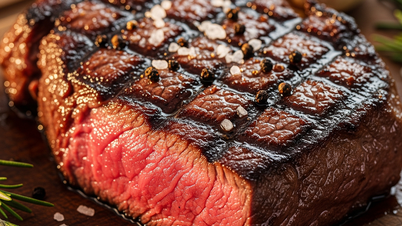


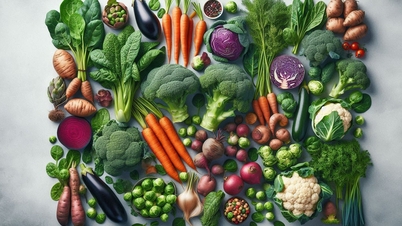




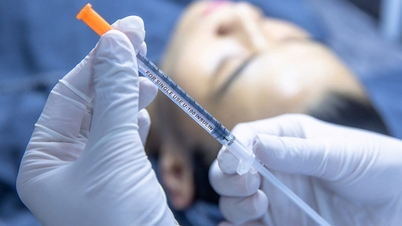








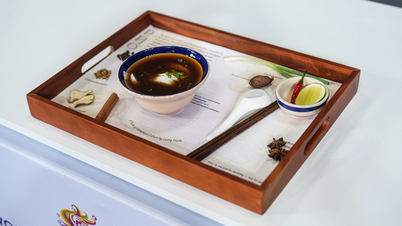















































































Comment (0)